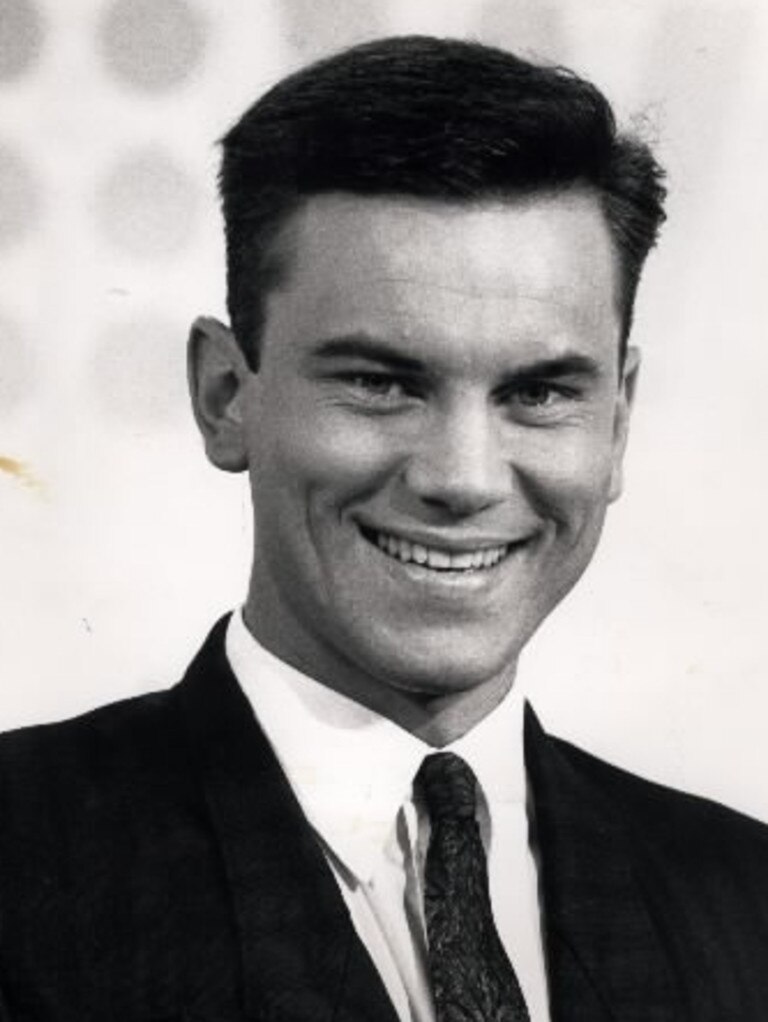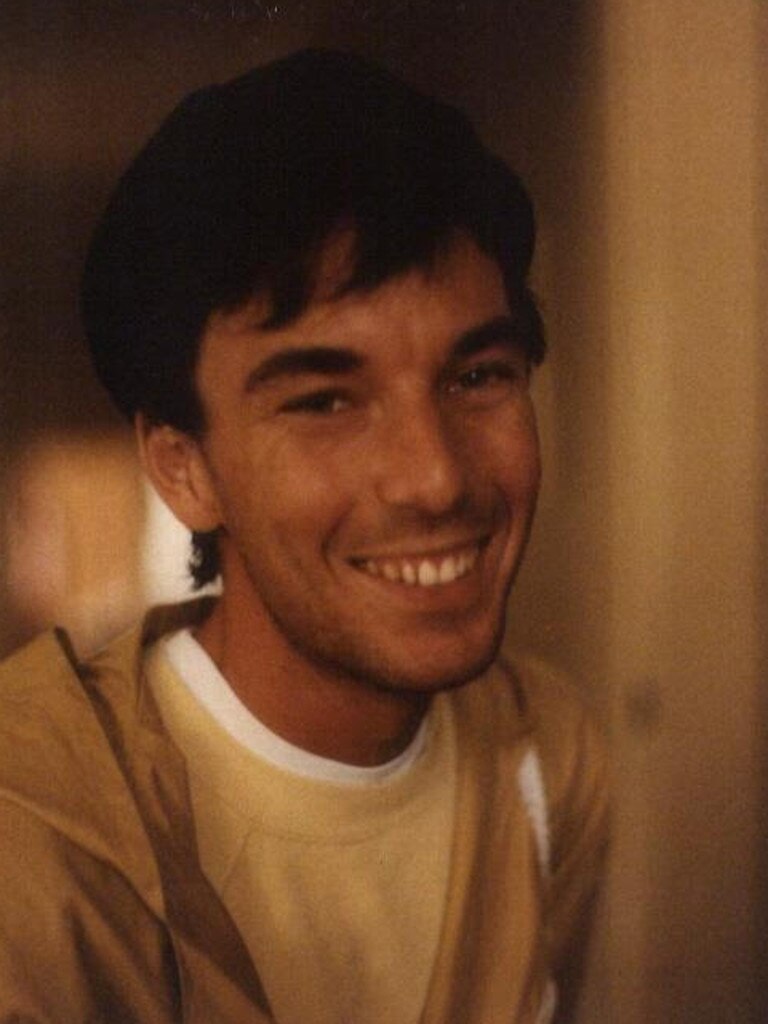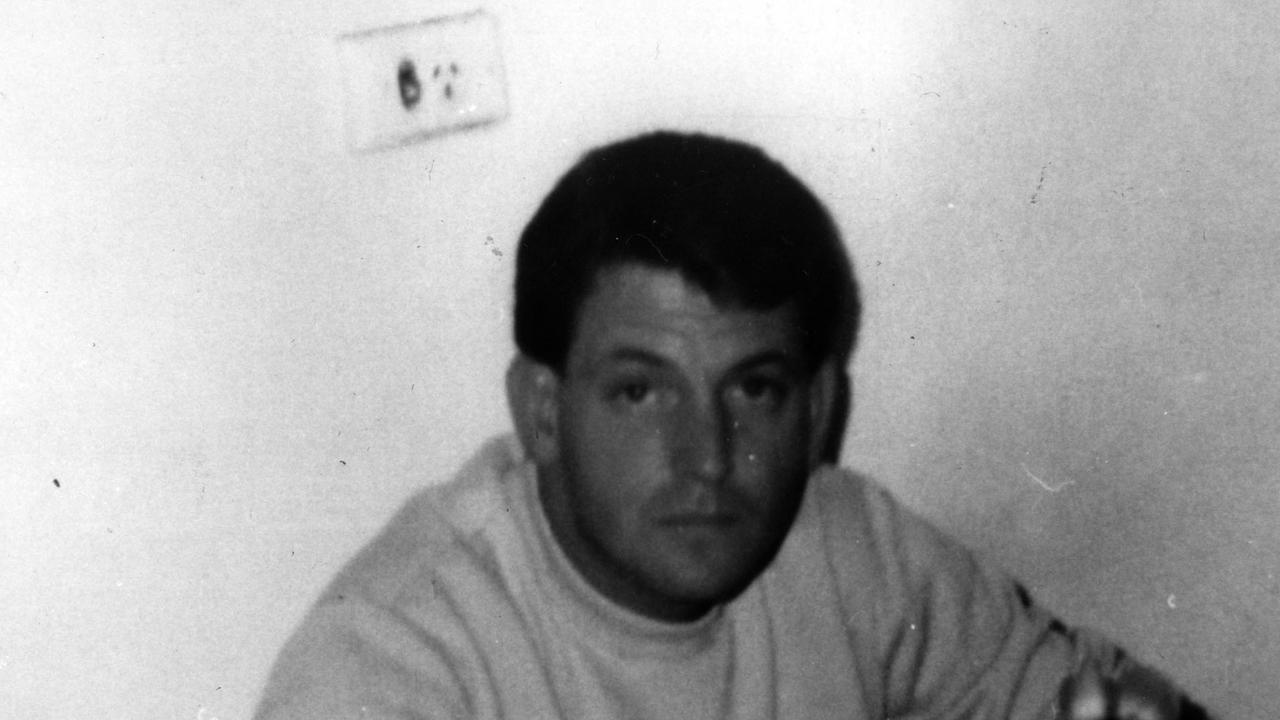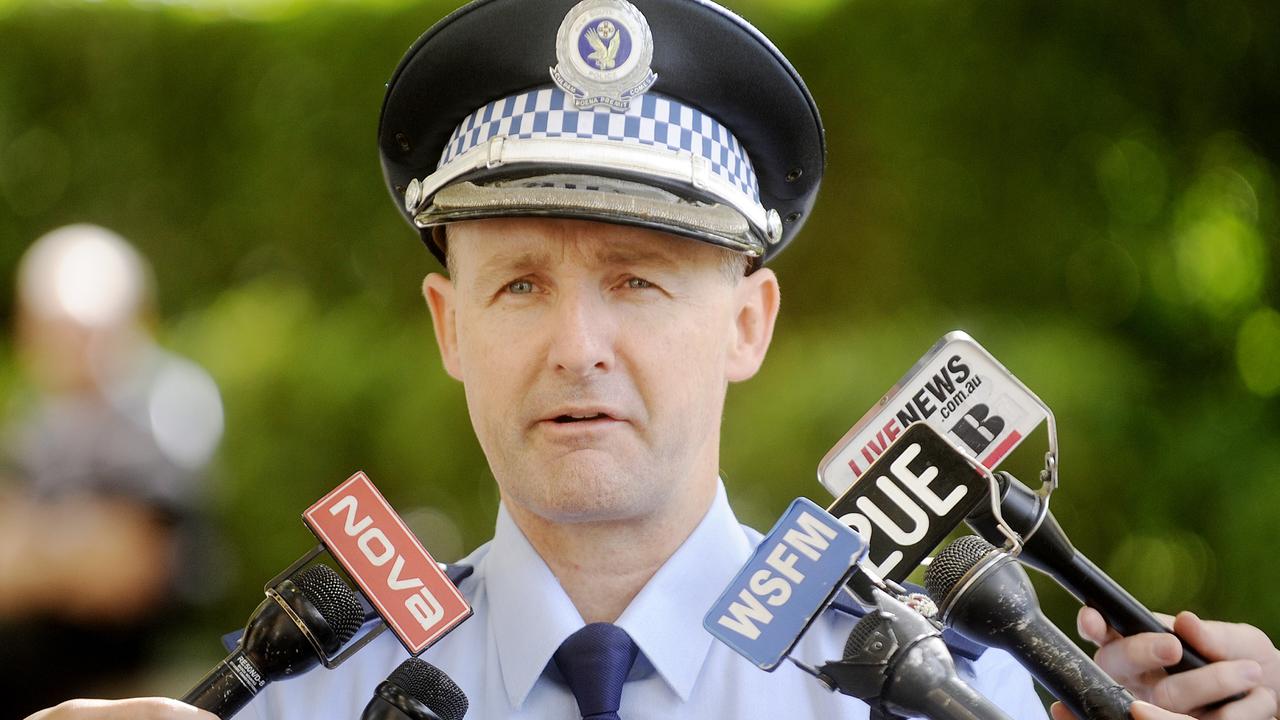NSW gay-hate inquiry hears police taskforce rejected coronal inquiry
A police officer reviewing the suspected gay-hate killings of 88 men was suspicious of the “motivation” behind a secretive police taskforce.
A police officer reviewing the suspected gay-hate killings of 88 men was suspicious of the “motivation” behind a secretive police taskforce, a inquiry had heard.
On Wednesday, the Special Commission of Inquiry into LGBTIQ hate crimes heard the homicide squad set-up Taskforce Neiwand in 2016 to re-examine the deaths of John Russell, Ross Warren and Gilles Mattaini.
The men disappeared near Tamarama in the 1980s, with only Mr Russell’s body discovered days later at the bottom of the cliff top at Marks Park.
Despite a coroner’s inquiry more than a decade ago finding “strong evidence” the men were murdered, Taskforce Neiwand concluded the report should be effectively disregarded.
“Other causes of death were as likely or more likely in all three of those cases”, Counsel assisting the inquiry, Peter Gray, SC said the Taskforce found.
“We’re struggling to understand (that decision).”
Both Mr Russell and Mr Warren’s deaths were ignored for a decade and written off as accidents, while Mr Mattaini was only reported missing in 2002.



Mr Gray told the Inquiry Neiwand was initially run by Detective Chief Inspector John Lehmann who had previously described media reports of 30 unsolved gay-hate homicides as a gross exaggeration.
These findings were aired as NSW Police assistant commissioner Anthony Crandell was questioned about Taskforce Parrabell, which ran over 18 months from 2015 to 2017 to examined the deaths of 88 men suspected of being the victims of gay-hate killings.
He told the inquiry the Taskforce was a “paper review” to examine motivations behind the deaths or disappearances of men between 1976 and 2000 amid “extensive media reports”.
“So the response to all that outrage was Parrabell, going over ground that had already been covered to be seen to be doing something?,” asked Mr Gray.
“Correct,” responded Mr Crandell.
“Yes there was a great deal of media. But it was helpful from a social policy perspective to look at the gay hatred around at the time.”

Shortly after Parrabell completed operations in 2017, lead investigator Detective Sergeant Craig Middleton emailed assistant Commissioner Crandell to raise concerns about contact he’d received from Taskforce Neiwand.
He said the deaths of Mr Russell, Mr Warren and Mr Mattaini had been excluded from Taskforce Parrabell at the request of the Homicide Squad because they were “open cases”.
Sgt Middleton wrote that he was concerned by a request from then-Homicide Squad boss Detective Superintendent Mick Willing for Parrabell to review the “Taradale matters” – referencing the three mens’ deaths.
He was unaware at the time that Neiwand had been established.
“He had ample opportunity to change his mind when we did have the resources and time to review these matters,” Sgt Middleton wrote.
“I’m not critical of Mr Willings request but I’m suspicious of his motives and bad timing.”
Taskforce Neiwand later concluded that while homicide could not be ruled out, other causes of death including suicide or misadventure were as likely, Mr Gray told the Inquiry.
The Inquiry, in its second block of hearings, is examining the police approach to suspected hate crimes against LGBTIQ people between 1970 and 2010.
The Special Commission of Inquiry into LGBTIQ hate crimes before Justice John Sackar continues.




